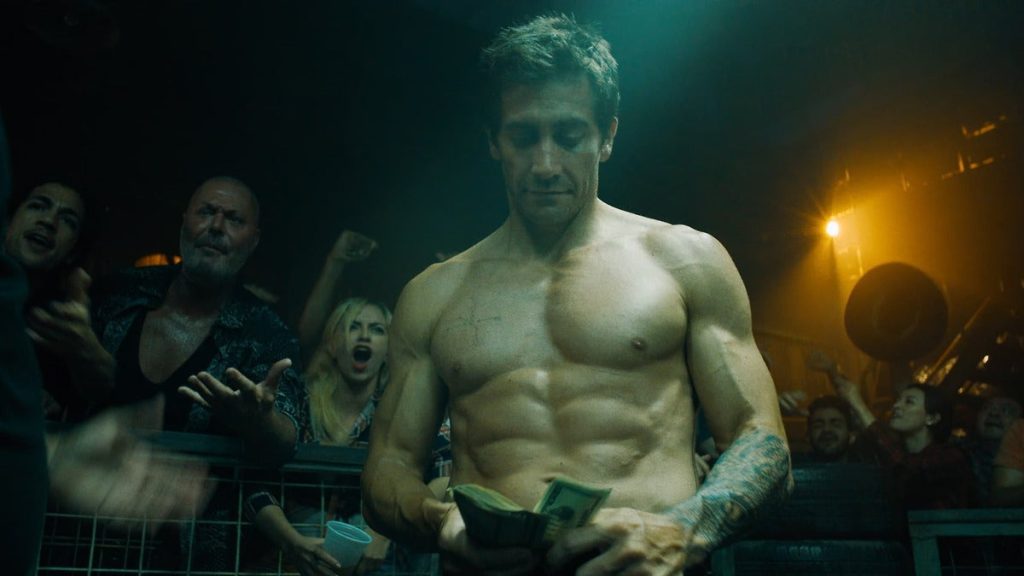In a lawsuit filed on Monday, Amazon Studios and its subsidiaries MGM and United Artists have attempted to challenge the lawsuit by R. Lance Hill, the writer of the original “Road House,” claiming that Hill lied to the U.S. Copyright Office when he initially registered the script in 1986.
Hill wrote the script under his pen name David Lee Henry and sold it to United Artists through his production banner Lady Amos. His lawsuit, which was filed in February, accuses Amazon of violating copyright law by ignoring his right to reclaim ownership of the original “Road House.”
According to his suit, Hill submitted the screenplay to the U.S. Copyright Office in 1986 and applied to have the script rights returned to him in 2021. However, Amazon disregarded this and proceeded with the remake after acquiring the script when it purchased MGM in 2021 for $8.45 billion.
The 31-page Amazon/MGM/UA lawsuit argues that Hill’s lawsuit is invalid based on the fact that the original deal in which Hill sold the script to United Artists listed “Road House” as a work-for-hire product.
The Amazon filing states, “Plaintiff’s Complaint ignores the well-established rule of copyright law that the author of a work made for hire is not the individual who created the work. In 1986, Hill personally acknowledged, represented, warranted, and contractually guaranteed that the 1986 screenplay entitled Roadhouse was created as a work made for hire for his own company, Lady Amos Literary Works, Ltd. (“Lady Amos”), and that Lady Amos—not Hill—was therefore its author within the meaning of the U.S. Copyright Act.”
“For that same reason, Lady Amos, not Hill, was the grantor of the rights that UA purchased in 1986. Hill cannot rewrite this history now, nearly four decades after the fact. His attempt to terminate that grant is invalid and his copyright infringement claim is doomed to fail,” the filing continues. The filing provides a point-by-point rebuttal of Hill’s lawsuit and a detailed history of Lady Amos.
The lawsuit also accuses Hill's 2021 Copyright Office application of being “fraudulent” and “inaccurate and knowingly false.” Additionally, the suit alleges Hill of breach of contract. It seeks the dismissal of his lawsuit, the repayment of all legal fees, asking the U.S. Copyright Office to cancel Hill’s original 1986 copyright application, and compensatory damages “subject to proof, and for prejudgment interest according to law.



